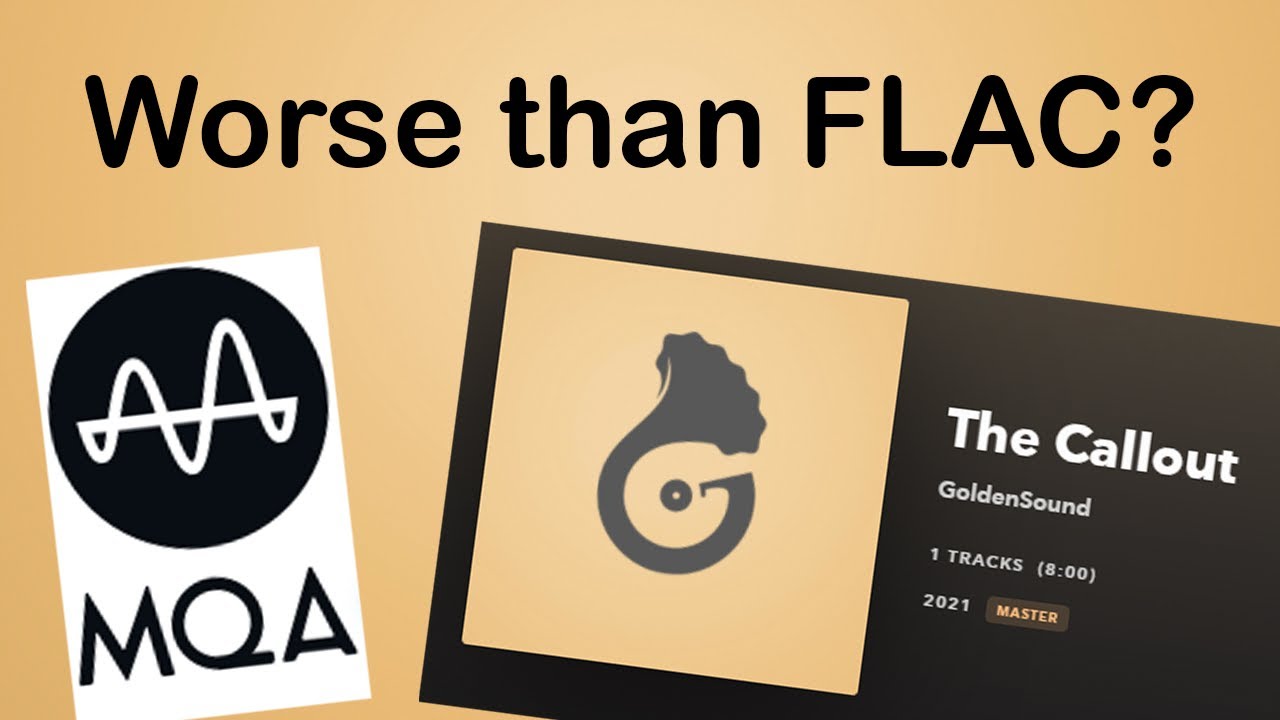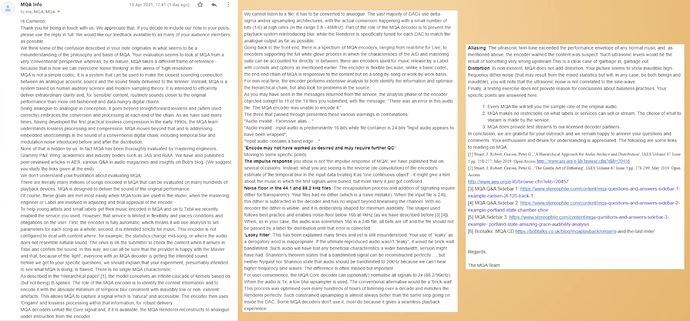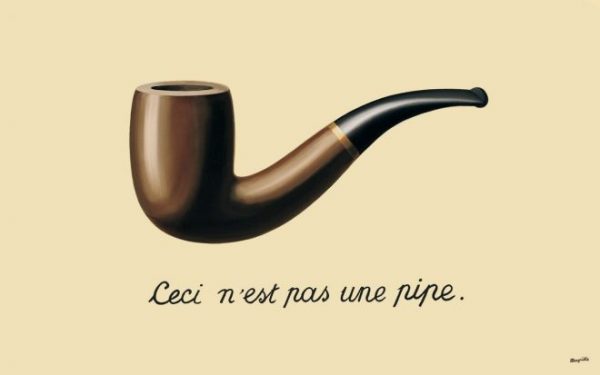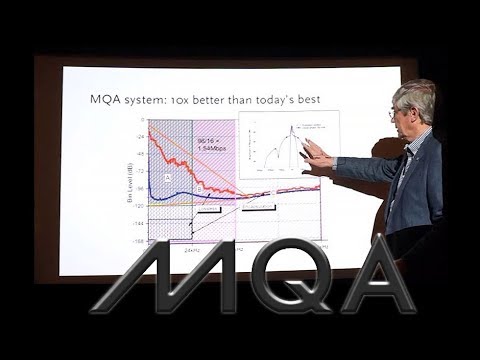Hi Forum,
As an owner of a Bartok, and in all honesty a fan of MQA, as it was one of the first methods to get hires audio streamed to the home I would like to react on this clip about this controversial streaming method.
I saw the GoldenSounds clip and it started all friendly and it looked well investigated and funded. Unfortunately, it ended in bashing Tidal and MQA what I found very unprofessional.
I read the reply from MQA attached in this thread but none of the arguments were handled by GoldenSounds. I found the reply thorough and friendly.
For me, the reasoning behind MQA makes a lot of sense. A 192/24 stream/file has a tremendous amount of unused space when filled with regular music. Anything below 120dB is not derived from the source and there is a lot of unused inaudible space in the highs. So making clever use of this “free” space or remove this unused space makes sense.
The statement that the western world has access to 5Mb/s streaming is just not true. there are plenty areas where this is the limit and considered that in the same family some members will look at Netflix, play an online game or are in a zoom meeting makes lowering the bitstream bandwidth a good thing.
MQA went a step further in correcting smearing artifacts that the AD/DA process has especially in lower cost DACs where I think MQA has the biggest effect.
I have done some extensive listening test comparing a few of my 2500 own ripped CD’s by the Tidal MQA alternatives and in most cases I preferred the MQA version, in some the difference was small with no real preference but on average more natural, less clinical. Again, in the end it is very subjective. I was not present to listen to the original Mix in the mastering studio so I have no reference which version is closest to the original. And even if I was, I think my reproduction set after the Bartok (the amp and speakers and don’t forget the room) will have a much larger influence to the final sound than the difference between MQA and non MQA.
The statement of Paul McGowan of PS Audio is just an excuse that their products cannot be upgraded.
There is no technical sound quality reason why you should avoid MQA decoding capabilities to a DAC as it will not influence non MQA signals. It means that the design lacks the additional processing power to perform the unfolding and rendering. I think dCS here can confirm this statement. If PS Audio could, they would have added it as it would mean more sales. There are buyers out there that will not buy a product that is not MQA compatible. I am one of them.
In the end it is all about the objective and subjective pleasure you get from the music and I enjoy my ripped files (incredible how some normal red-book CD sound), native HD files that I bought and the streaming services from Tidal.
Cheers,
Peter



